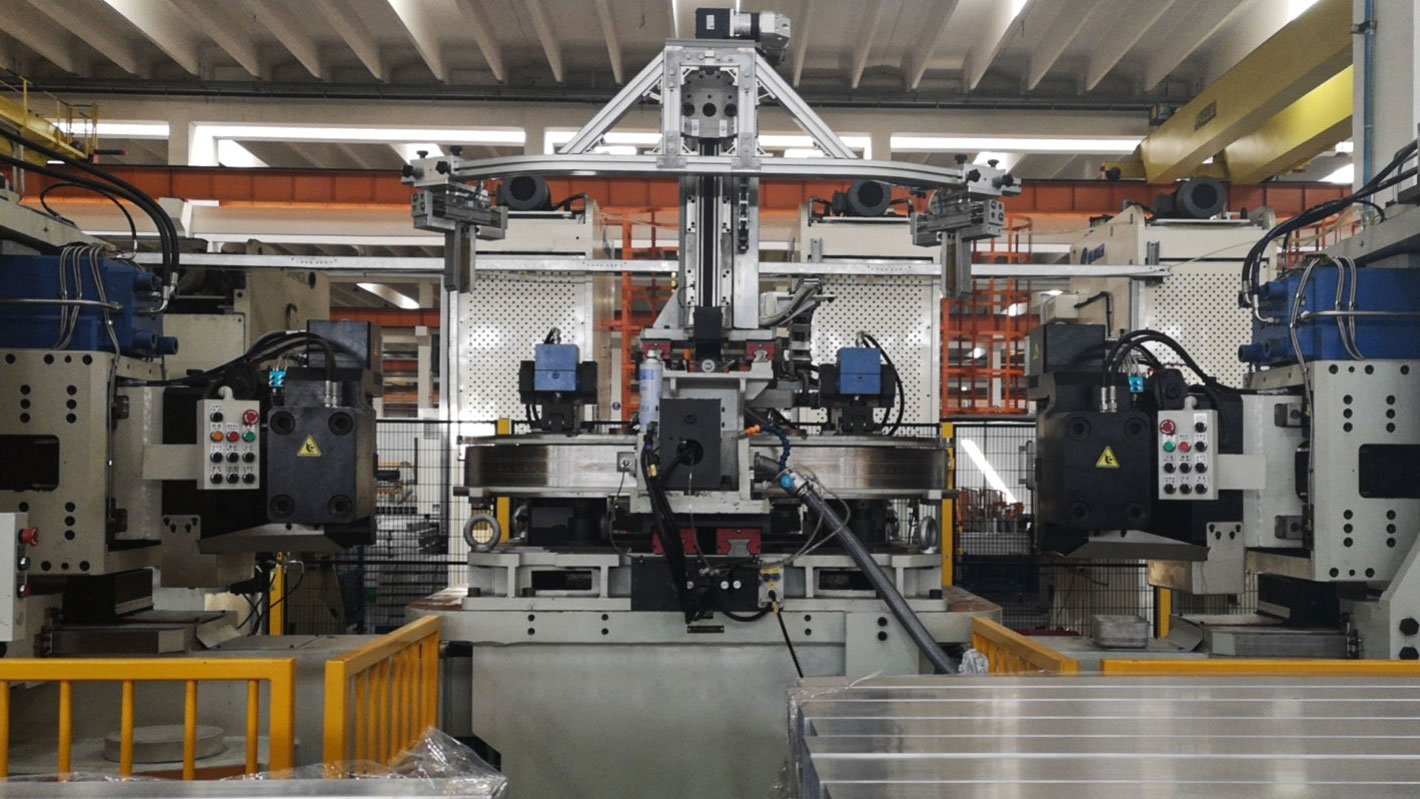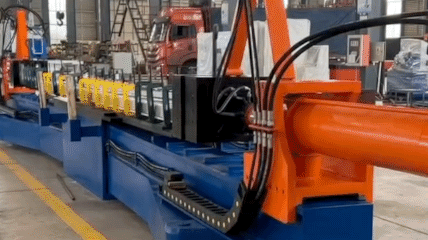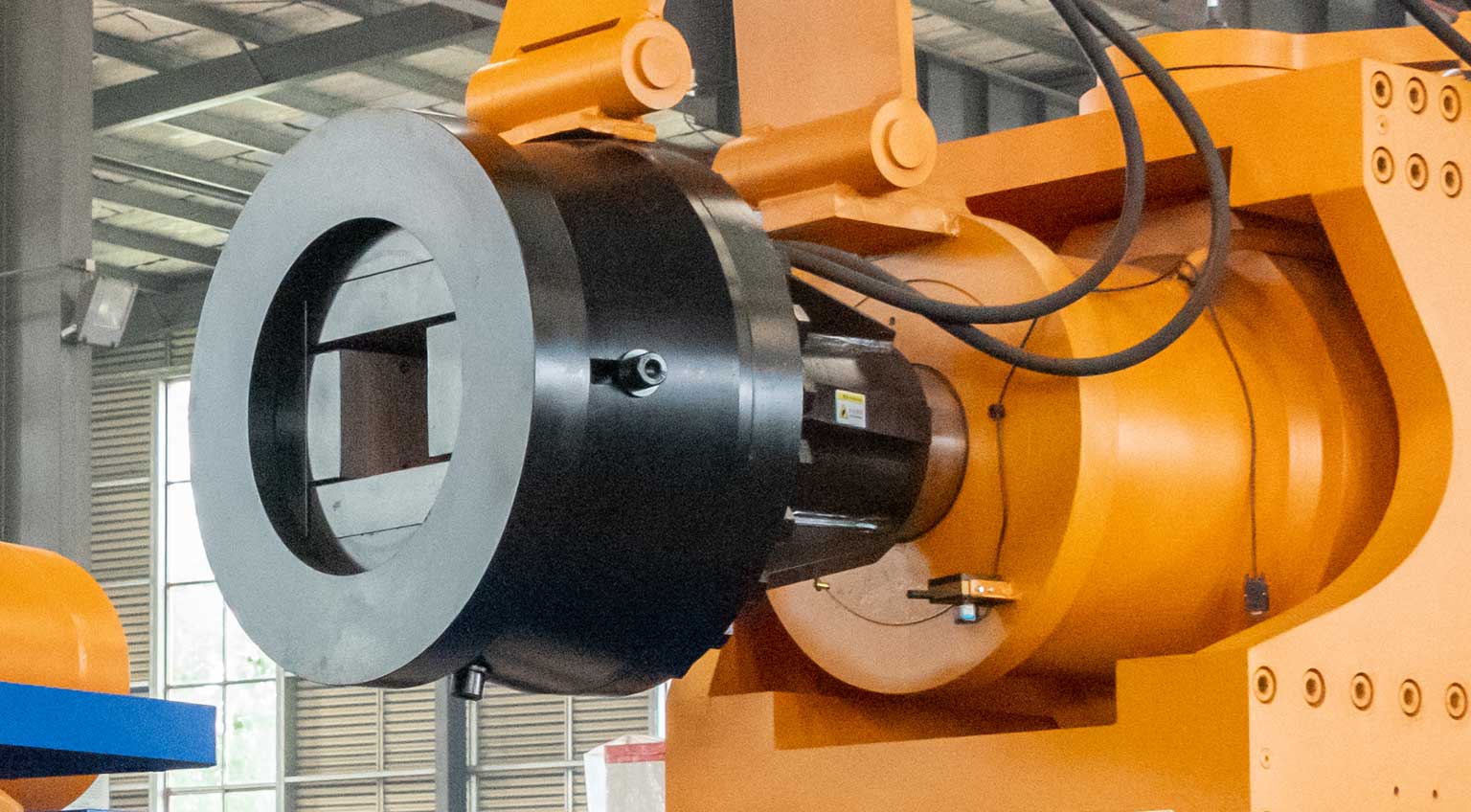The profile bending machine uses the symmetrical or asymmetrical position of the two lower rollers to vertically lift the upper roller to provide torque for bending the profile. The metal profile passes between the three working rolls (two lower rollers and one upper roller) of the machine. With the help of the downward pressure of the rotating upper roller and the rotation of the lower roller, the metal profile undergoes multiple consecutive bending (compression deformation of the inner layer, The middle layer remains unchanged, and the outer layer is stretched and deformed), resulting in permanent plastic deformation and rolled into the required parts.
Will not use an section bending machine yet?
Here is a simple four steps, you can use it to work!
Bending method
Before reading, let us first understand the two ways of section bending, pyramidal and asymmetrical.


Read more: Bending method



The first bending method of cross-section bending is suitable for heavy profiles. The remaining straight edges are cut after being bent into a circle or rolled to a certain arc.
The second bending method of cross-section bending is used for medium and small profiles, or single-piece rolling. The corners must be cut before rolling, and the end bending is asymmetrical bending.
Method 3 is suitable for various profiles, single-bending workpieces with larger diameters.
Important content
Pre-bending and rolling process

The right roller is in the lower limit position, the left roller moves to the contact workpiece, and clamps the workpiece with the main roller.

The right roller slowly rises and begins to roll, pre-bending between the main roller and the left roller.

The left roller is down, while the right roller is up, send the material to the left side, and three rollers began to roll, pre-bend between the main roll and the right roller.

Pre-bending and bending end


